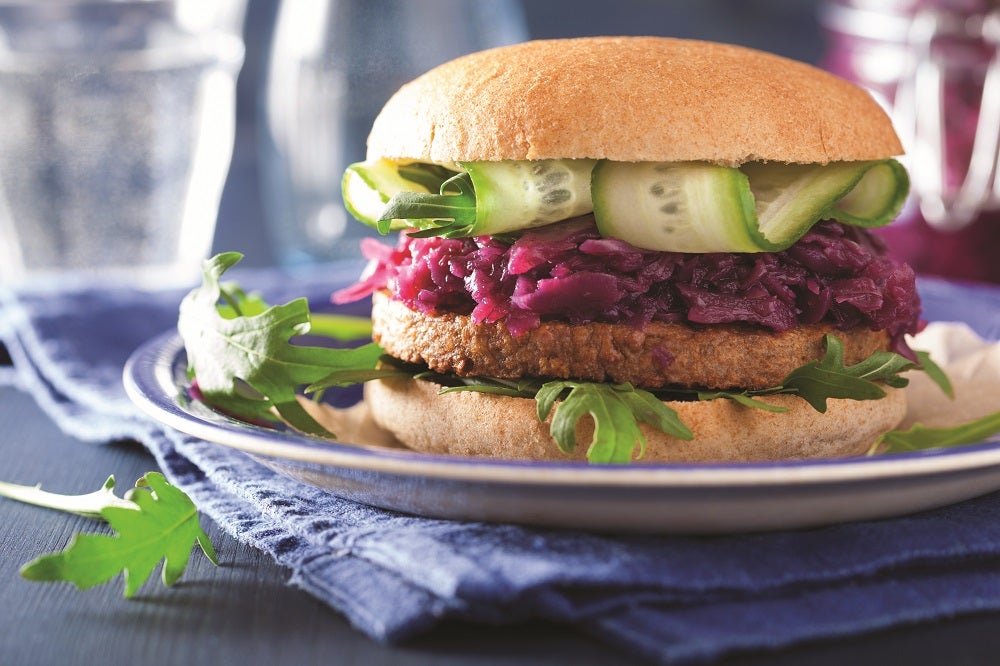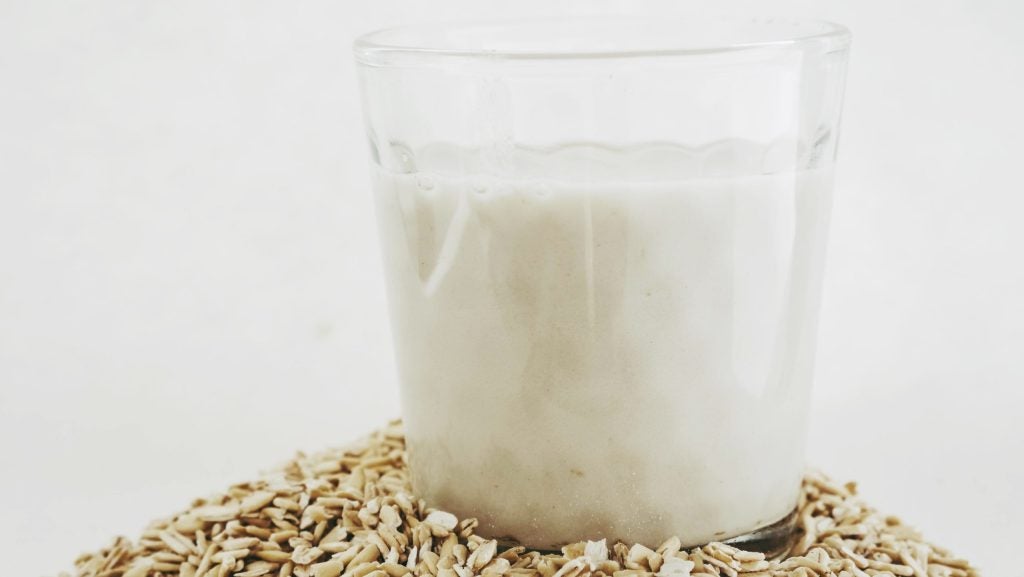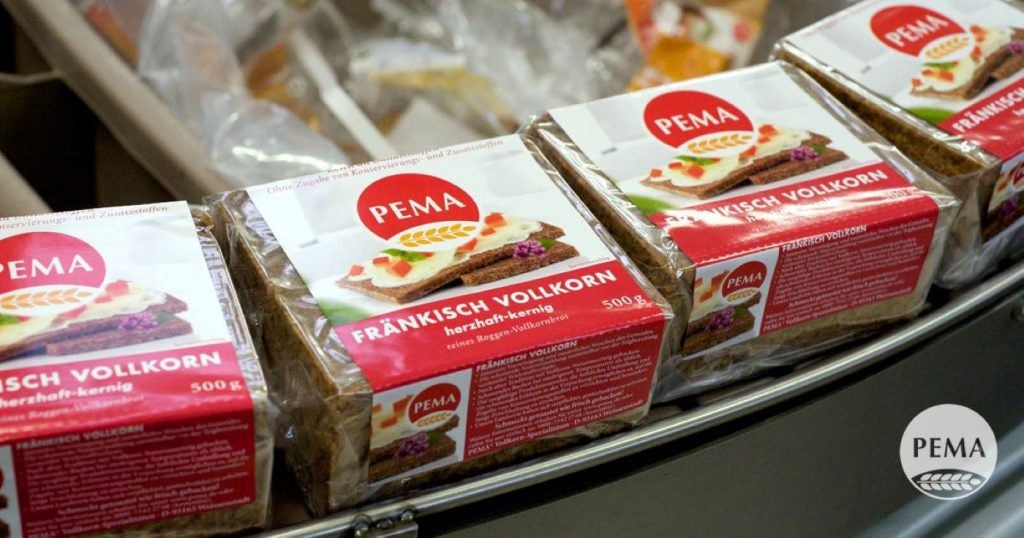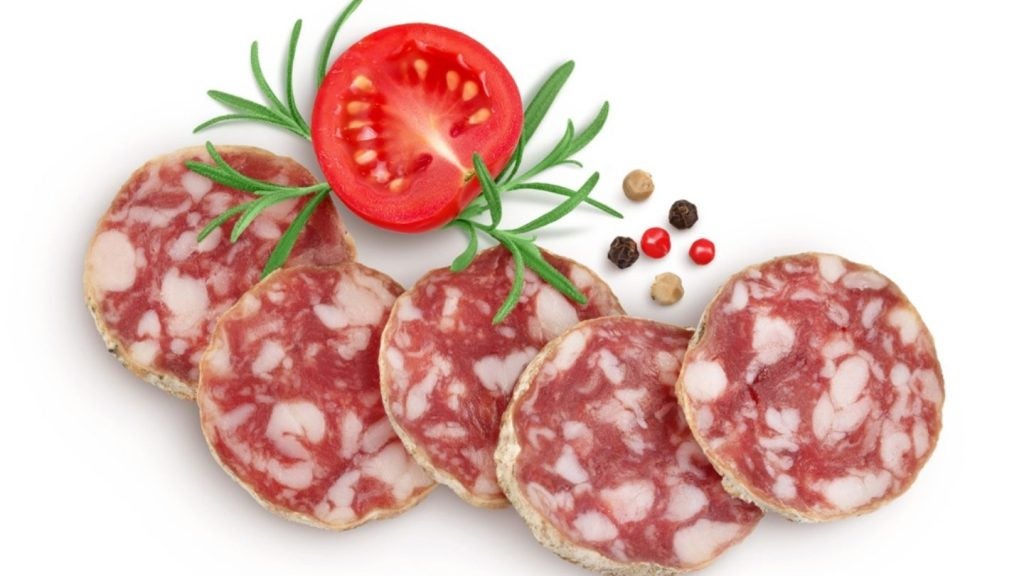Large quantities of the PFAS 'forever chemicals' have been found in humans consuming white rice, eggs, red meat, seafood and coffee, according to a study.
Posted on Elsevier's Science Direct website, the research looked into dietary sources of PFAS, or per- and polyfluoroalkyl chemicals, and found high levels in blood and breast milk samples from more than 1,500 mothers in New Hampshire in the US collected since 2009.
PFAS are a group of synthetic chemicals, which include perfluorooctane sulfonate (PFOS), perfluorooctanoate (PFOA), perfluorononanoate (PFNA0) and perfluorodecanoate (PFDA).
They are classified as types of so-called forever chemicals that have been found worldwide in surface and ground water, air, indoor dust and consumer goods, such as food packaging and cleaning products.
The study found for "every one standard deviation (SD) servings/day increase in egg intake" the participants took resulted in a 4.4% increase in PFOS concentration in the bloodstream, as well as a 3.3% and 10.3% rise, respectively, in the presence of PFOA and PFDA.
A similar increase in PFAS concentration was found in those eating high quantities of white rice, red meat, coffee and seafood.
The results of the findings could be used to develop dietary interventions during pregnancy that could reduce mother's and children's exposure to PFAS, the authors said.
Earlier studies have found ingestion of PFAS can be linked to an increased risk in developing health conditions such as thyroid disease, liver and kidney failure, and cancer, among other adverse effects.
They have also confirmed that PFAS can be passed onto fetuses during pregnancy via the placenta, as well as to infants through breastfeeding milk.
Forever chemicals are a major hurdle for the food and drink industry, but many companies are still hesitant to speak about the challenge. Last year, Just Food approached a number of major food businesses about the topic, with only two - Nestle and General Mills - responding, declaring that they follow the necessary regulations to ensure their products are safe.
BPAs, another type of forever chemical, have recently been a major issue of interest in Europe. A report published last September found that the hormone-disrupting chemical was likely to be present in up to 100% of Europeans.
The chemical compound is found in reusable water bottles, plastic and metal food containers and drinking water pipes.
The use of BPAs has been illegal in countries such as France since 2015. Despite the regulations, some companies have tried to find ways to avoid packaging reformation. In January, French investigative news agency L’informé reported that Bonduelle and Unilever were among a list of businesses facing fines for allegedly colluding to hide the continued use of BPAs in their packaging.
Last month, the EU member states backed a new proposal to ban the use of BPAs in packaging. The law is set to come into play later this year, after being enacted by the European Parliament and Council following a “scrutiny period”.
In 2022, the US also announced plans to ban the use of PFOS and PFOA, following the release of research that linked ingestion of the chemicals to chronic illnesses such as cancer and liver disease.
Earlier this year, the US Food and Drug Administration announced that grease-proofing agents containing PFAS would no longer be sold in the country. The group also intends to carry out nationwide testing of PFAS content in the "general food supply" until next year, to determine the level of consumer exposure to PFAS.
















